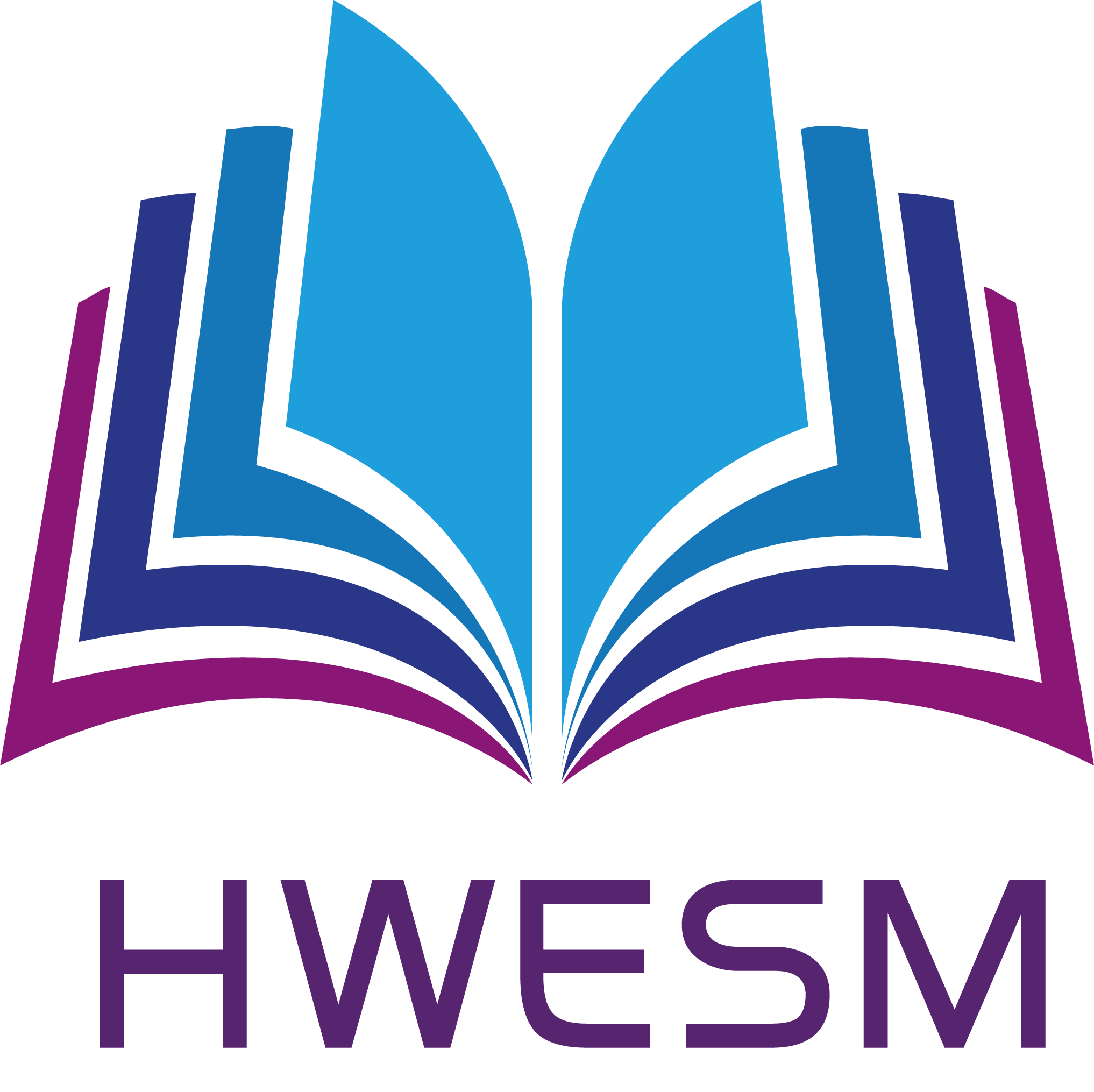| Prof.Shadiev Rustam NarzikulovichZhejiang University, China Professor Rustam Shadiev is from the School of Education at Zhejiang University. He is an IEEE Senior Member. Professor Rustam Shadiev pursued a doctoral degree in network learning technology in 2012. Currently, he is a tenured professor at the School of Education in Hangzhou, Zhejiang University, specializing in researching advanced learning technologies for language learning and cross-cultural education. Professor Shadiev is a member of the British Computer Society and an IEEE Senior Member. In 2019, he was awarded the title of Outstanding Professor of Jiangsu Province. Additionally, from 2020 to 2023, he was consistently ranked as one of the most cited researchers in the field of education in China by Elsevier, Scopus, and Shanghai Rating for four consecutive years. Research fields: advanced learning technologies, speech-to-text recognition technology, computer-assisted translation, multimedia learning systems, multi-touch technology, cross-cultural education and language learning, mobile-assisted learning, open and distance learning, etc. Title of the Speech: Upcoming update. |
| Prof. Budsaba KanoksilapathamSilpakorn University, Thailand Budsaba Kanoksilapatham received the Ph.D. degree in Linguistics with a concentration in Applied Linguistics from Georgetown University, Washington, DC. Currently, she is a professor in the Department of English, Faculty of Arts, Silpakorn University, Thailand. Being passionate about discourse analysis, specifically genre analysis, and being determined to contribute to the betterment of English education of the entire paradigm in Thailand, the active engagement in academic activities including research projects and articles, textbooks, lectures and talks, and more than 24 keynote speeches both nationally and internationally has been a natural fit for her academic life. Her most recent books include Pronunciation in Action in 2018 and English Sociolinguistics at Work in 2016. A number of her research articles were published in prestigious international journals including English for Specific Purposes and The IEEE Transactions on Professional Communication. Due to her distinguished contribution and dedication to the field, she was the first person in Thailand to receive the award of “TRF Senior Research Scholar in English” from the Thailand Research Fund (TRF), and was presented the award in 2016 by Her Royal Highness Princess Maha Chakri Sirindhorn. Areas of expertise: Written discourse analysis, applied corpus linguistics, English for specific purposes, higher education, elementary education, e-learning, national culture and global English, and language learning. Abstract
The digital era has reshaped how knowledge is produced, communicated, and delivered as a service, driving rapid linguistic innovation. One notable outcome is the rise of portmanteau words—blends that merge elements of existing terms to express emerging concepts with precision and economy. This presentation examines the emergence, structure, and communicative functions of portmanteaux in contemporary English, positioning them within the broader contexts of wisdom education, digital learning environments, and service management communication. Using historical, morphological, and sociolinguistic analyses supported by corpus evidence, the presentation argues that portmanteau formation is a strategic linguistic response to the needs of intelligent education systems, AI-mediated learning platforms, and technology-enhanced service ecosystems. In wisdom education, blended terms offer concise tools for describing new forms of knowledge, digital pedagogies, and learner–technology interaction. In service management, they function as effective communicative resources that aid branding, customer engagement, and the expression of innovative service models. By tracing the interplay between linguistic creativity, digital transformation, and service-oriented communication, the presentation shows how neologisms both reflect technological change and enable more efficient knowledge sharing. The findings hold implications for language pedagogy, lexicography, and cross-cultural communication, highlighting English's role as a bridge across global humanities, wisdom education, and service management. |


